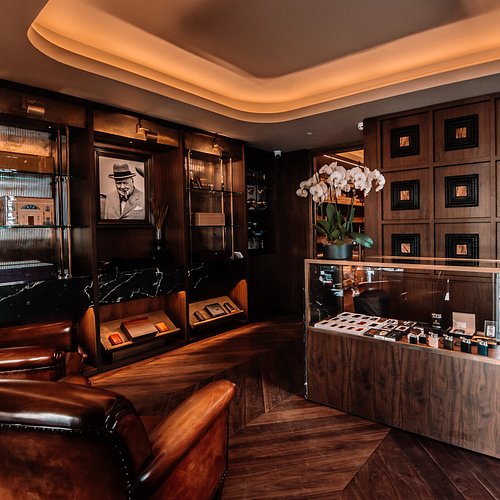by Martin Haffner Senior Editor
The Average Citizen’s Perspective on Cigar Smokers
Cigars have long been a symbol of celebration, luxury, and camaraderie, often associated with milestone events and special occasions. However, the average citizen’s view on cigar smokers often encompasses a mix of admiration, concern, and ambivalence. As public health awareness has risen and smoking regulations have tightened, the cultural perception of cigar smoking has evolved considerably.
The Allure and Occasion
For many, cigars are more than just tobacco products; they represent a lifestyle choice and a form of social bonding. The imagery of a person leisurely enjoying a cigar can evoke a sense of sophistication and relaxation. Average citizens often see cigar smokers as individuals embracing a tradition that can foster social interactions—whether during a celebration, a night out, or a quiet evening at home.
Cigar lounges, designed to create an atmosphere of comfort and camaraderie, can be appealing spaces where friendships are nurtured over the shared enjoyment of a fine cigar. The practice of savoring a cigar is often viewed as a ritualistic experience, much like savoring a glass of premium whiskey or wine.
Health Concerns and Secondhand Smoke
Despite the romanticism attached to cigar smoking, the average citizen’s view is also shaped by a growing awareness of health risks associated with tobacco use. The link between smoking and a wide range of health issues, including cancer, heart disease, and respiratory problems, is well-documented. As anti-smoking campaigns continue to gain momentum and public health messages emphasize the hazards of smoking, many citizens express concern about the implications of cigar smoke in public spaces.
Secondhand smoke remains a contentious issue, often leading to discomfort in social settings where cigar smoking occurs. The average citizen may appreciate the aesthetics of a well-crafted cigar, yet they often clash internally when faced with the potential risks to their health from being around smokers. Consequently, many advocate for designated smoking areas, allowing cigar enthusiasts to indulge in their habit without affecting non-smokers.
Cultural Acceptance vs. Regulation
As smoking bans continue to spread across public spaces—restaurants, bars, and parks—cigar smokers may feel marginalized, leading to a perception of cigar smoking as socially unacceptable in certain circles. The average citizen’s view can reflect a tug-of-war between cultural acceptance and regulation. Some individuals may argue that adults should be free to make personal choices, including smoking cigars, as long as it does not infringe upon the rights of others.
On the other hand, there is a growing segment of the population that supports tougher regulations on smoking, including cigars, specifically in public areas. This perspective often stems from a desire to protect public health and to promote an environment free from the dangers posed by tobacco smoke.
The average citizen’s view of cigar smokers is multifaceted. While there is an appreciation for the craft and enjoyment associated with cigars, there is also concern for public health and the implications of secondhand smoke. As society grapples with these issues, it is likely that the dialogue around cigar smoking will continue to evolve.
Ultimately, the key for average citizens lies in finding a balance—cherishing the tradition and camaraderie that comes with cigar smoking while also advocating for responsible practices that protect non-smokers. It is a dialogue that will shape the future of cigar smoking and its place within the broader context of public health and societal norms.



